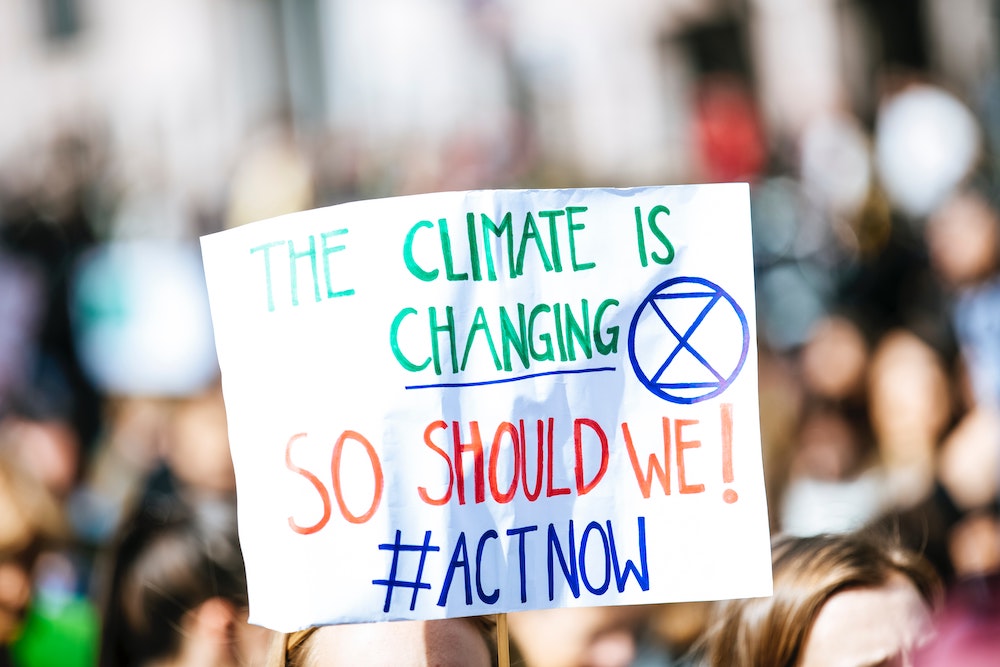Businesses, countries risk losing out if they fail to adopt net-zero emission targets.
LAST week, naturalist David Attenborough called on all of us to take responsibility to address the climate crisis. While the message was not surprising, the platform from which he delivered it was.
The natural historian was the guest speaker at Malaysia’s Joint Committee on Climate Change (known as JC3) flagship conference, hosted by the institution co-chaired by Bank Negara and Securities Commission. He proclaimed that “the future of all humanity now depends on us, and none more than you, in the world of finance”.
His appearance at a financial conference signals the need for two major forces to converge if the world is to address the climate crisis – ideas and the market.
Attenborough, alongside other naturalists, scholars and scientists have long promoted the need to balance development with environmental protection. While there are scientific evidence and strong consensus on the idea of sustainable development and climate action, catalysing the transition is more challenging.
This debate is often framed as a trade-off between the economy and the environment. Economic agents, therefore, were cautious at best or lobbied to deny climate change at worst.
But there are signs that the market is beginning to respond to the idea of climate action.
Despite the devastating impacts of Covid-19 on the economy, remarkably, according to Data-Driven EnviroLab and the NewClimate Institute, the number of businesses pursuing net-zero emissions target increased three-fold between 2019 and 2020.
British economist Nicholas Stern in a report submitted to the UK prime minister in the run up to the recent G7 summit argued that “the transition to a net-zero emissions, climate-resilient world represents not a cost or a burden but the greatest economic, business and commercial opportunities in modern times”.
As a small and open economy, there are major implications for businesses and the economy in Malaysia as the market transits towards a low-carbon economy and net-zero emissions.
Businesses risk being left behind if they do not have any clear strategy to address climate change. Larry Fink, the CEO of Blackrock, the world’s biggest asset manager overseeing US$7.8 trillion (RM32.5 trillion) worth of assets recently warned that companies without a clear plan to address the transition to a net-zero emission will see their valuations suffer.
Furthermore, non-compliance could result in uncompetitive tradeable products, goods and services. The European Union has proposed a “carbon” tax on products, goods and services exported to the bloc. While some argue that this may result in trade barriers, this demonstrates the need for businesses to be aware of policies and market-based instruments that are enforced beyond our shores.
More broadly, trading partners also monitor climate action at the country level. A proposal by Nobel laureate economist William Nordhaus advocates establishing a climate club among countries which adopt a harmonised emission reductions, such as through setting carbon prices, and penalising non-participants through imposing a tariff on all imports. While this is unlikely to materialise because it violates World Trade Organisation rules, Malaysia’s climate ambitions via its policies and targets will send a signal to countries and businesses on its position on climate action.
Malaysia is currently undergoing a process to update its climate ambition through the nationally determined contribution (NDC) that will be submitted at the 26th instalment of the Conference of Parties (COP26) to the United Nations Framework Convention on Climate Change (UNFCCC) in November.

While the negotiations will focus on ensuring equity on climate action and demanding industrialised nations take stronger leadership and historical responsibility, Malaysia’s strategic position must balance its level of fair responsibility with sending a strong signal to the world through an ambitious climate–action agenda.
This article also appeared in New Straits Times on 28 June 2021.






